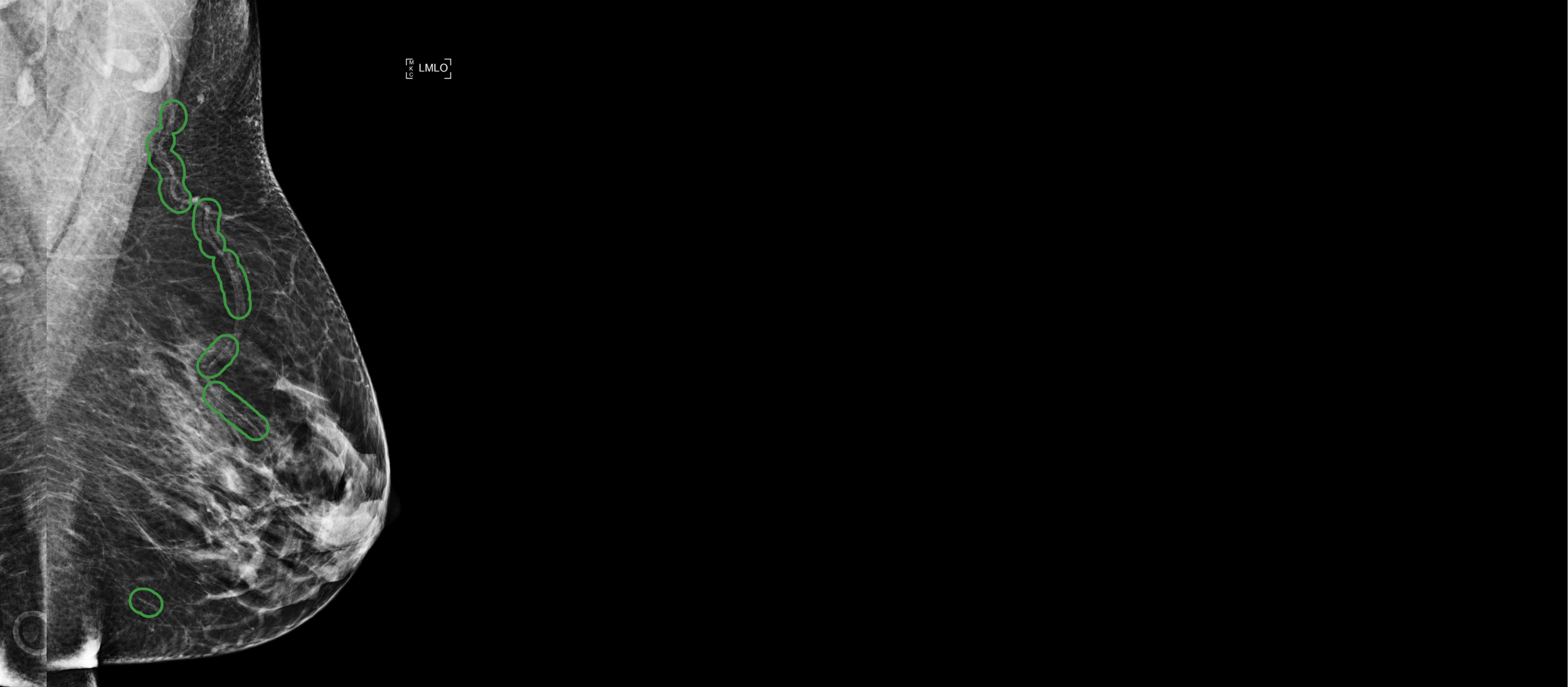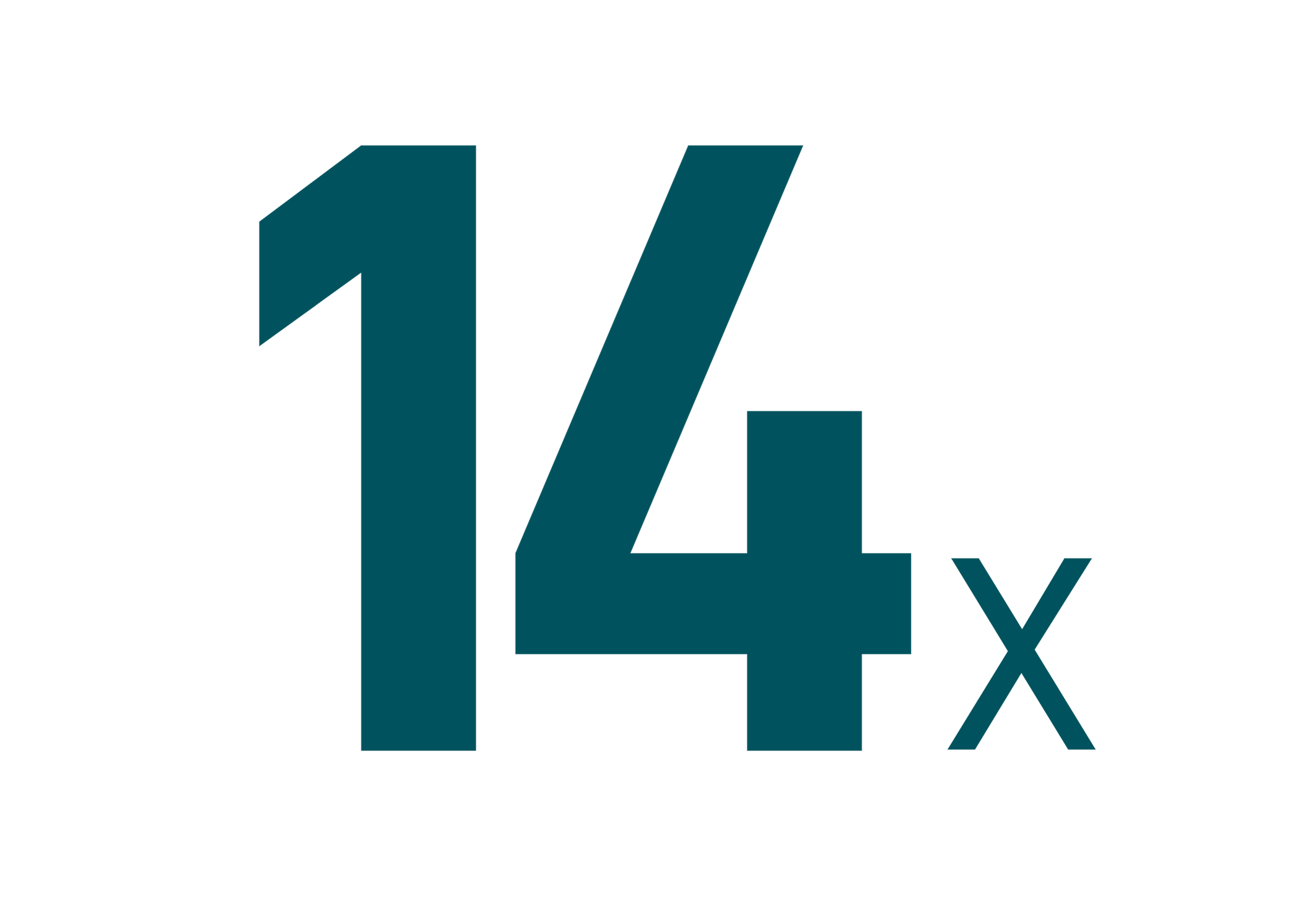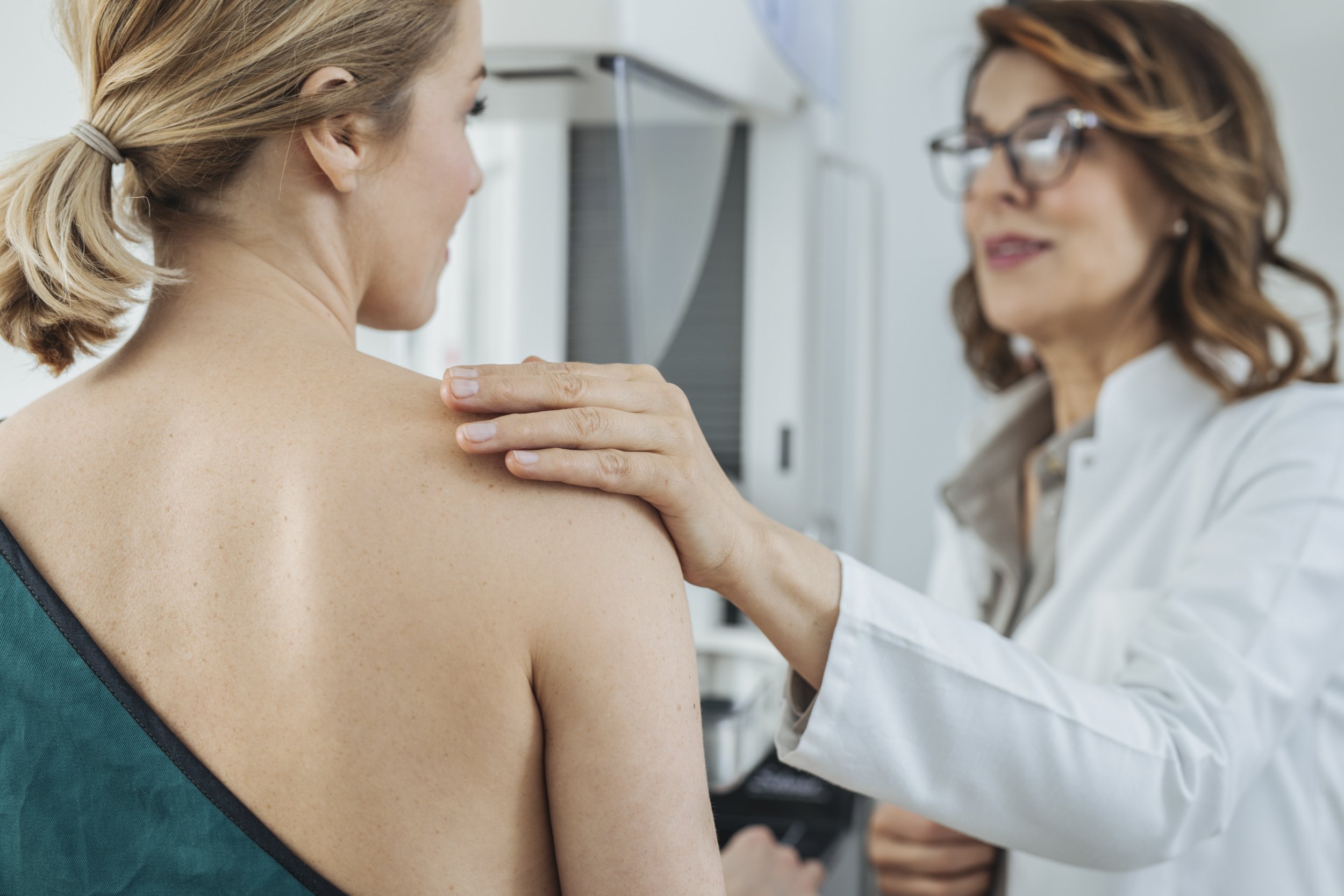heart disease is the #1 cause of death in women
Nearly 80% of cardiovascular disease is preventable, yet many never know they’re at risk.
HeartSafe Mammography changes that.
HEARTSAFE MAMMOGRAPHY
One Mammogram. Two Life-Saving Insights .
Powered by cmAngio®
Envision a world where a single mammogram not only screens for breast health but also offers critical insights into cardiovascular well‑being.
Rezolut proudly introduces HeartSafe Mammography. Now, your annual screening delivers both breast cancer detection and evaluation of cardiovascular signals, like breast arterial calcifications (BAC), in a single visit, with no extra radiation or appointments.
What Is HeartSafe Mammography?
A Smarter Screening in One Visit.
By harnessing cutting-edge artificial intelligence technology, radiologists can pinpoint and measure the presence of Breast Arterial Calcifications (BAC) during your routine mammogram, enabling them to gauge your risk of heart disease directly through this imaging procedure, all with no additional scans, no extra time, and no added exposure.
YOUR MAMMOGRAM CAN DO MORE
Breast arterial calcification (BAC) is a finding that can appear on screening mammograms. Growing evidence shows BAC may be associated with other vascular calcifications and certain clinical outcomes.
HeartSafe Mammography uses FDA-cleared cmAngio® AI technology to detect the presence and location on BAC on your existing mamogram images, without additional scans, compression, or radiation.
Why Breast arterial Calcification (BAC) Matters
More Insight = Better Care
While BAC often appears harmless on mammograms, research suggests it can indicate broader vascular changes. If BAC is detected, your provider may recommend follow‑up with a cardiologist or primary care provider to assess cardiovascular risk.
of women show some degree of breast arterial calcification.
more likely to have cardiovascular disease.
increase in cardiovascular event-specific death when BAC is present.
ADD HEARTSAFE MAMMOGRAPHY TO YOUR ANNUAL MAMMOGRAM
No extra imaging
No extra time
No additional radiation
Breast arterial calcification (BAC) identification powered by FDA-cleared AI technology
Take Charge of Your Breast & Heart Health
Book your HeartSafe Mammogram at a Rezolut Imaging Center today for comprehensive health insights in a single visit.
HeartSafe Mammography is available at Hudson Valley Imaging New Windsor
FAQs
-
HeartSafe Mammography is an FDA-cleared AI screening tool powered by cmAngio® for asymptomatic women between the ages of 40 and 89. The service is intended to detect the presence or absence of BAC on screening mammograms and highlights it for your radiologist to review. If BAC is present, it is highlighted for the radiologist to review alongside your routine mammogram findings.
-
Breast Arterial Calcifications (BAC) is a calcium build-up in the arteries of the breast. The calcium deposition leads to arterial stiffening and increased pressure on the vessel walls. This is regularly observed on screening mammography.
Based on current research and published literature, Breast Arterial Calcifications (BAC) is currently considered to be a benign incidental finding without defined clinical importance to breast cancer screening. However, there is growing evidence that it is associated with other vascular calcifications and associated clinical outcomes. Patients identified with BAC may be candidates for additional clinical evaluation of general health.
-
Yes, HeartSafe Mammography is safe and does not expose you to any additional radiation. It works by analyzing the mammogram images that are already taken as part of your regular screening. There is no need for extra imaging or follow-up scans to use this technology.
-
No, HeartSafe Mammography does not delay your mammogram results. The analysis is performed at the same time your mammogram is reviewed by a radiologist, so your results are delivered on the same timeline as usual.
-
Breast arterial calcification is a benign (non-cancerous) finding and does not indicate breast cancer. If BAC is identified, it may recommended that you follow up with your primary care provider to discuss your overall health and whether further evaluation of cardiovascular risk factors may be appropriate.
-
TBD
-
Yes. HeartSafe Mammography can be applied to prior mammograms if you decide to opt in after your appointment. You do not need to return for another scan or imaging visit.
-
HeartSafe Mammography is not currently covered by insurance. However, many patients are able to use HSA or FSA funds to pay the out-of-pocket fee. As with many medical innovations, new technologies often become available before insurance coverage is established, and we are committed to offering our patients the highest quality care and most advanced tools available today. Our center can provide pricing details if you have questions.
-
For more information about the science behind HeartSafe Mammography, including research studies and technical details, visit www.curemetrix.com/cmangio/
HeartSafe Mammography uses cmAngio®, an FDA-Cleared Artificial Intelligence (AI) based detection software, to identify the presence or absence of breast arterial calcification (BAC) as an incidental finding in FFDM and DBT screening mammograms. The finding indicates whether calcium buildup is present in the breast arterial wall. BAC has been associated with a higher risk of coronary heart or cardiovascular disease, but the presence or absence of BAC alone is not a diagnosis for coronary heart or cardiovascular disease or determinative of a patient’s risk for coronary heart or cardiovascular disease. Results may be used for further patient management at the discretion of a primary care physician, cardiologist, or specialist. If BAC is detected, please consult your primary care physician, a cardiologist, or specialist for further information on diagnosis and treatment. FDA 510(k) Submission #K232367.






